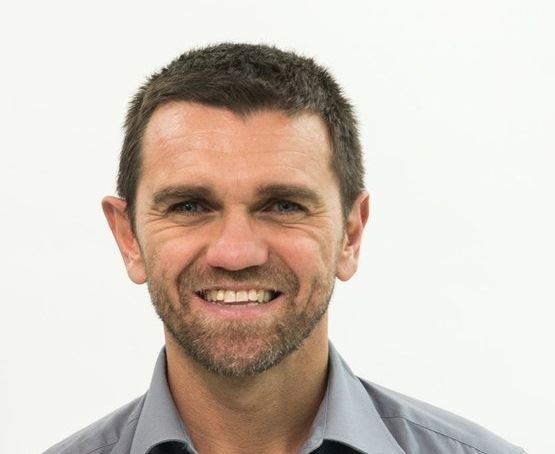 Sergio Splendore (Università degli Studi di Milano, Italy)
Sergio Splendore (Università degli Studi di Milano, Italy)
ECREA Journalism studies section
In this tragic historical moment in which we are going through a pandemic called COVID-19, we got what we have been demanding for years: a much greater presence of scientists in the media. We got it to an unpredictable extent. I am writing from Italy, that is infamously a privileged site to observe the interaction among media, politics and scientists/science. Here we have scientists everywhere: on daily television programmes, in newspapers, on information sites, on the radio. Everywhere. Moreover, numerous videos bounce around on our social media: doctors and scientists who tell us about the trend of the pandemic, symptoms, possible defences, and how to wash our hands. It does not seem different to me in other media systems.
We have also many data: positive cases, deceased, discharged, deaths, swabs taken and so on and so forth. Models that try to predict the trend of the pandemic. We also got open data, so we can also independently make sense of them. The community of scholars that studies data journalism and data journalists themselves could not appreciate more the variety of available data and also the variety of the different visualizations and analysis we receive.
Nevertheless, what we are receiving back from politics is a chain of mistakes. Italy's delay in responding appropriately. The original idea of herd immunity from the UK and later, the run towards lockdown. From France to Germany, from Spain to the US. A chain of mistakes. Politics was very unprepared. Everywhere. But I dare to say: who was prepared for that? Is there really any chance that our neo-liberal world might be prepared for that? Prepared to opt for stagnation versus productivity. Immobility versus movement. Constraints versus freedom.
We have not only witnessed a chain of political mistakes, we have also been receiving uncertain answers. These uncertain answers come from science. What does it mean?
First, it means that this virus is astonishingly strong, unpredictable, and vicious. It is the start and the end point of any conversation: the virus that is holding the world hostage is incredibly hard.
Nevertheless, beyond the strength of the virus, beyond the (almost) acceptable unpreparedness of politics, the fact that science is providing uncertainty surprised me the most. Ironically, it is happening when even the media finally understand that they need science.
My surprise is very naïve. After years of demanding a greater presence of scientists in the media, after years of requesting open data, after years of asking the media for knowledge more rooted in facts and data, I forgot a lot of the literature on which the social sciences are based. I forgot the wonderful James Carey’s pages on the role of social sciences. I forgot the work of Thomas Gieryn that we are increasingly using in journalism studies to determine what journalism is and is becoming. I forgot that any science is socially constructed. That the boundaries between those who are wrong and those who are right are porous and contrasted. I forgot also what I preach when I try to elucidate what is happening in data journalism: that the availability of data is political. The data we receive to build our models are fragile. They are linked to both human fallacy and strategic choices. Fragile as the words of doctors linked to the uncertainties of a science that has never been so far off being hard. Obviously, right now, going to remove some dust from the shelves full of books and ideas stored and forgotten, is not much consolation.